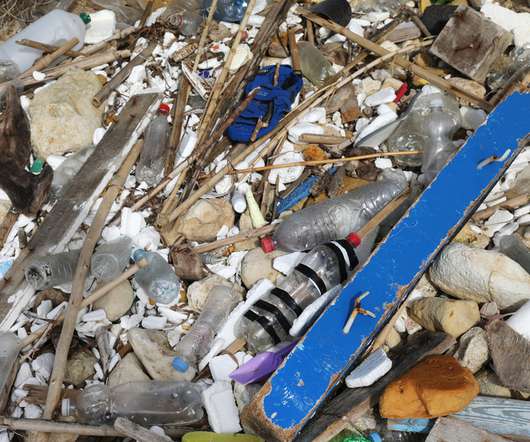One Year After U.S. Withdrawal From Paris Agreement
EcoVadis
OCTOBER 26, 2018
Instead of enabling organizations to operate unsustainably, Trump’s announcement created a groundswell of support across industries to uphold sustainability commitments to limit the effects of climate change. Several coalitions have sprung up in the last year to track how cities and states can still follow the Paris goals.
















Let's personalize your content